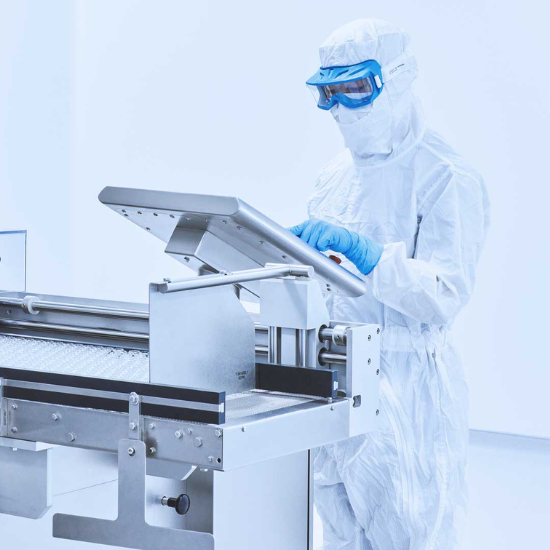Article Summary
The article provides a comprehensive overview of 503A compounding pharmacies, detailing their role in personalized medicine. It discusses the unique services and regulations governing 503A compounding pharmacies, emphasizing their importance in providing tailored medication solutions to patients. Empower Pharmacy's guide sheds light on the significance of 503A compounding pharmacies in delivering individualized healthcare and promoting patient well-being.Tailored for Patients’ Convenience
Commercial, brand-name medications don’t always meet patients’ needs, so a 503A compounding pharmacy creates individualized products to meet those needs. For example, if a patient is allergic to a dye or ingredient in a commercial drug, a compounding pharmacy can create the drug without that allergen so the patient can take the medication.
When utilizing a 503A compounding pharmacy, patients can trust that their prescriptions are tailored to their individual clinical needs, health journeys, and lifestyles.

Expanding Patient Access
503A pharmacies compound medications for specific patients whose prescriptions are sent in by their healthcare provider. Empower Pharmacy works with thousands of providers to make sure patients have access to quality, affordable medications. We are licensed nationwide and can ship prescriptions directly to patients. Get in touch with Empower Pharmacy to find out more.
Regulating 503A Compounding Pharmacies
Unlike a 503B outsourcing facility that produces large-scale batches of medications for use in medical offices, a 503A facility produces patient-specific medications pursuant to a prescription.
It is required by state boards of pharmacy to adhere to the United States Pharmacopeia (USP) chapter <797>, <795>, <800> and other guidelines. USP develops standards around product integrity, safety, and purity in compounding.
USP General Chapter <797>: This is a set of guidelines for sterile compounding preparations. This type of compounding utilizes an aseptic technique, which happens in an environment where there are absolutely no bacteria, viruses, or other foreign microorganisms. The professionals who compound this way must wear sterile gloves, gowns, and masks, use sterile equipment, and must minimize the number of people in the environment. Products that are administered intravenously (IV) or intramuscularly (IM) are created in a sterile environment.

USP General Chapter <795>: This is a set of guidelines specifically for nonsterile compounding preparations. The standards are still high to ensure the quality and safety of products, but they are not as rigid as those for sterile compounding. Nonsterile products are often medications in powder, tablet, or capsule form, among others. Empower Pharmacy compounds both sterile and nonsterile products.
USP <800>: This set of guidelines applies to the handling of hazardous drugs in healthcare settings. It exists to make sure hazardous drugs are handled properly to make sure there is minimal risk of exposure to patients, providers, and healthcare workers.
Additional Oversight & Standards
State boards of pharmacy regulate 503A compounding pharmacies, but compounding pharmacies are also subject to some oversight by state and federal agencies. The DEA has primary oversight of any controlled substances (i.e., testosterone) present in compounded products. The FDA has published guidance that applies to 503A compounding pharmacies. Empower Pharmacy is licensed nationwide, partners with licensed providers, and meets or exceeds industry standards.



